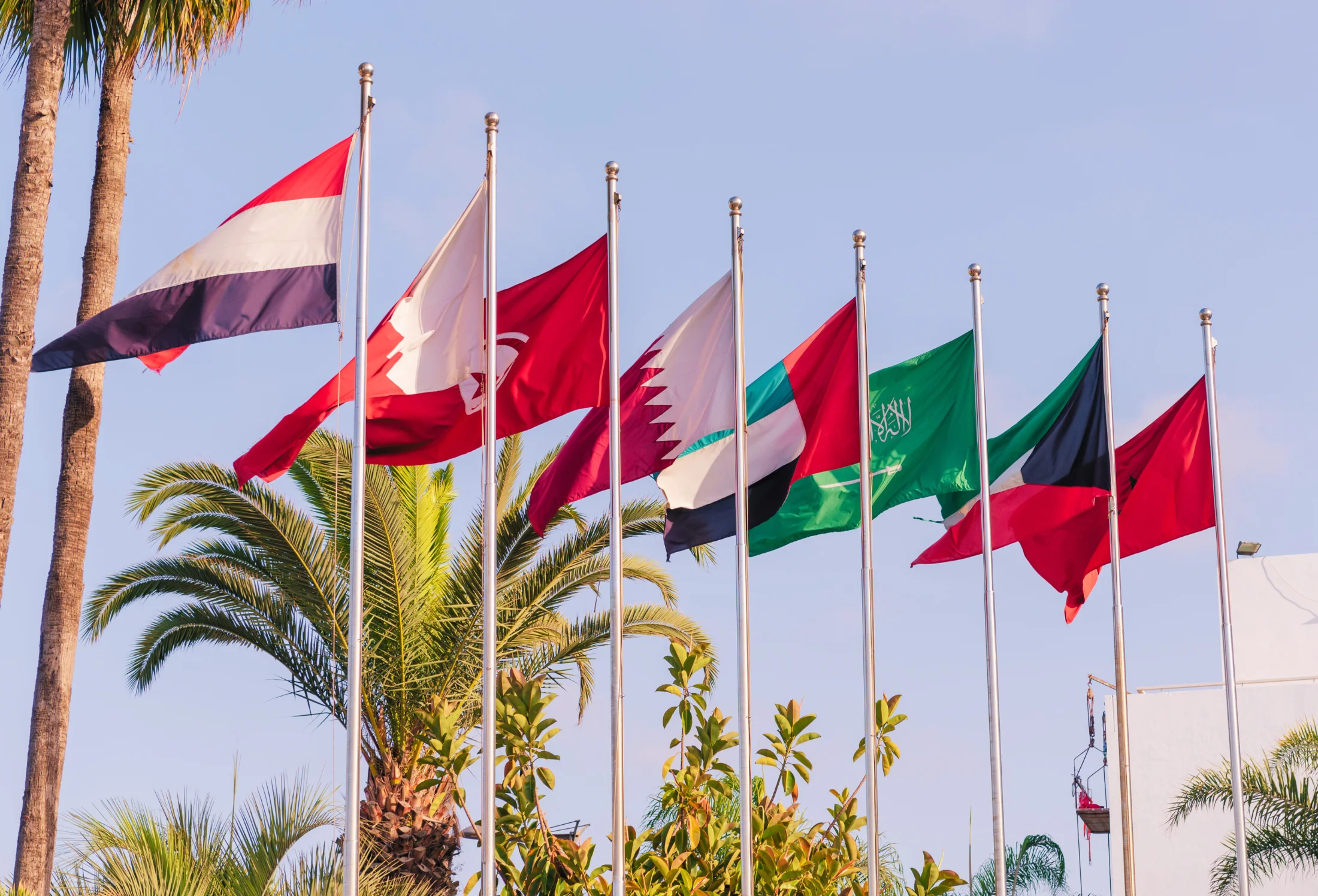Egypt presents a dynamic regulatory landscape for businesses and investors. With a legal system primarily based on civil law, companies must navigate a structured environment to ensure compliance and operational success. Understanding regulations requires knowledge of national laws, cross-border policies, and sector-specific requirements.
A key aspect is legal diversity and evolving reforms. As one of the largest economies in the region, Egypt continues to enhance its regulatory framework, creating opportunities for businesses across industries. Staying informed about compliance requirements and new policies helps companies operate smoothly.
Licensing and regulatory approvals are essential considerations. Businesses must obtain various permits, with the General Authority for Investment and Free Zones (GAFI) facilitating registration and investment processes. Ongoing reforms aim to simplify procedures and support business growth.
Ensuring compliance with anti-corruption laws is crucial. The government has strengthened anti-bribery and corporate governance frameworks, with the Administrative Control Authority (ACA) promoting transparency and ethical business practices.
Data protection and cybersecurity regulations have gained prominence. Egypt’s Personal Data Protection Law (PDPL), introduced in 2020, aligns with global standards like the GDPR, ensuring businesses implement appropriate cybersecurity measures.
To succeed, companies should adopt proactive legal strategies, engage experienced local advisors, and leverage technology for compliance. Staying informed and maintaining strong governance can help businesses thrive in Egypt’s evolving regulatory environment.





